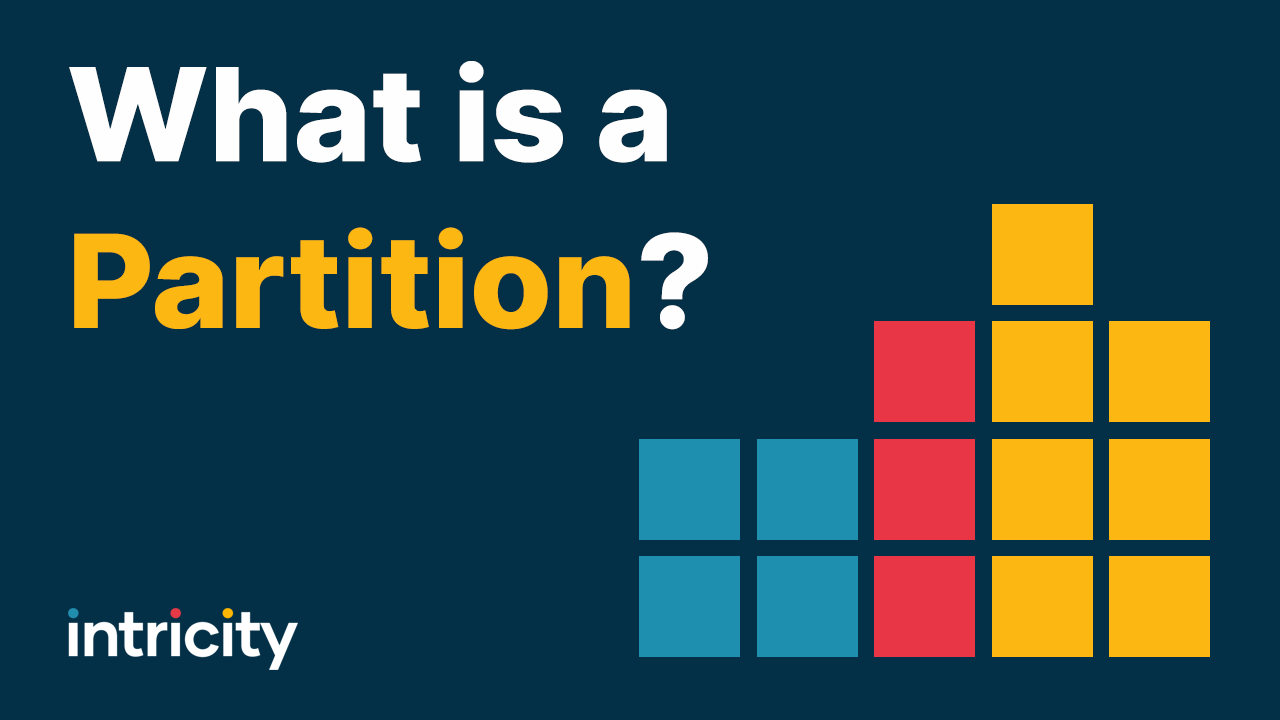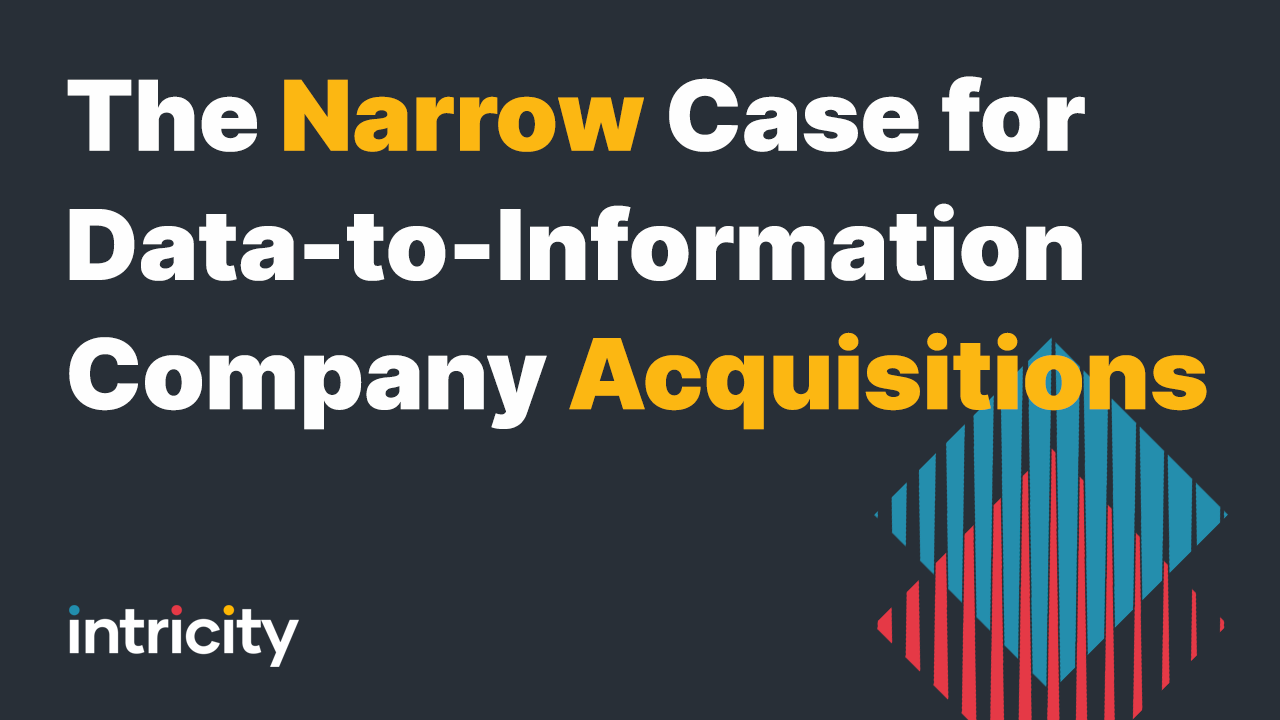If you’ve been following my videos about Data Governance and Data Quality then you’re probably aware that there really is no cookie-cutter method of Governing your data. Every company is going to have a different culture on how this effort is organized. And not surprisingly, we can learn about data governance by talking about public governance.
So let's talk about the extremes. For example, in anarchy, you have complete individual autonomy with no social framework. Whereas, with totalitarianism, you have a framework of complete centralized control with no individual autonomy. I don’t believe that either of these two extremes even exist in data governance spheres, but it's important to understand that your organization is going to exist somewhere on this spectrum. And the more you can make that existence a decision, rather than an organic mistake, the better prepared you will be to address its downsides and tooling.
Now historically, data governance tooling has leaned on the spectrum of totalitarianism. And this is due to a number of factors.
Business Intelligence tools were traditionally an enterprise-wide purchasing decision, so whatever data went into those tools was managed by a centralized team
The cost of Data Governance tools like Master Data Management and Data Quality has traditionally been too high for individuals to include in their budgets, but they were something the CIO or CFO could afford
Getting people to add Data Governance tasks to their list of to-do’s was something that often had to come from the top down
The complexity of managing data grows the more you centralize and conform it and thus it was an intimidating prospect for individuals to take on
This has often meant that smaller organizations that tend to be more anarchist were just left out of the Data Governance sphere, and certainly underserved. However, over the last 4 years, we’ve seen a change occurring. And I believe its genesis came from the advent of self-service analytics tools.
The users of these self-service tools originally started in the R&D spaces and were very popular in the Pharmaceutical industry. But their popularity quickly grew to other industries and disciplines. The challenge with those tools is that the user was left with the task of trying to manage the data so it could be analyzed. Now since these users weren’t part of any large corporate IT effort, they didn’t have the tooling they needed to manage the data. However, their visualizations were so compelling that their user base began to be a force within the company. And this is where we’ve begun to see a shift in the Data Governance and Data Quality space.
The solutions that emerged allowed the individual to be at the helm of their own data cleansing and governance activities which we now call data wrangling. This increased the accuracy of their self-service analytics. And thus, gave them the personal incentive to spend the time on data governance activities. Additionally, these data wrangling tools enabled users to develop and share their data cleansing recipes with each other.
Today, we’re seeing a mix of both centralized and decentralized data governance activities. Some organizations have a heavier lean towards one or the other. And some organizations are going through a bit of a political revolution to change the balance of power.
Intricity can help guide you on developing a data governance framework that your organization can live with, and is based on your corporate mission and internal culture. I’ve written a whitepaper titled “Data and the Balance of Power” that dives into this topic a little deeper. And of course, you can reach out to us to talk with a specialist at any time.


